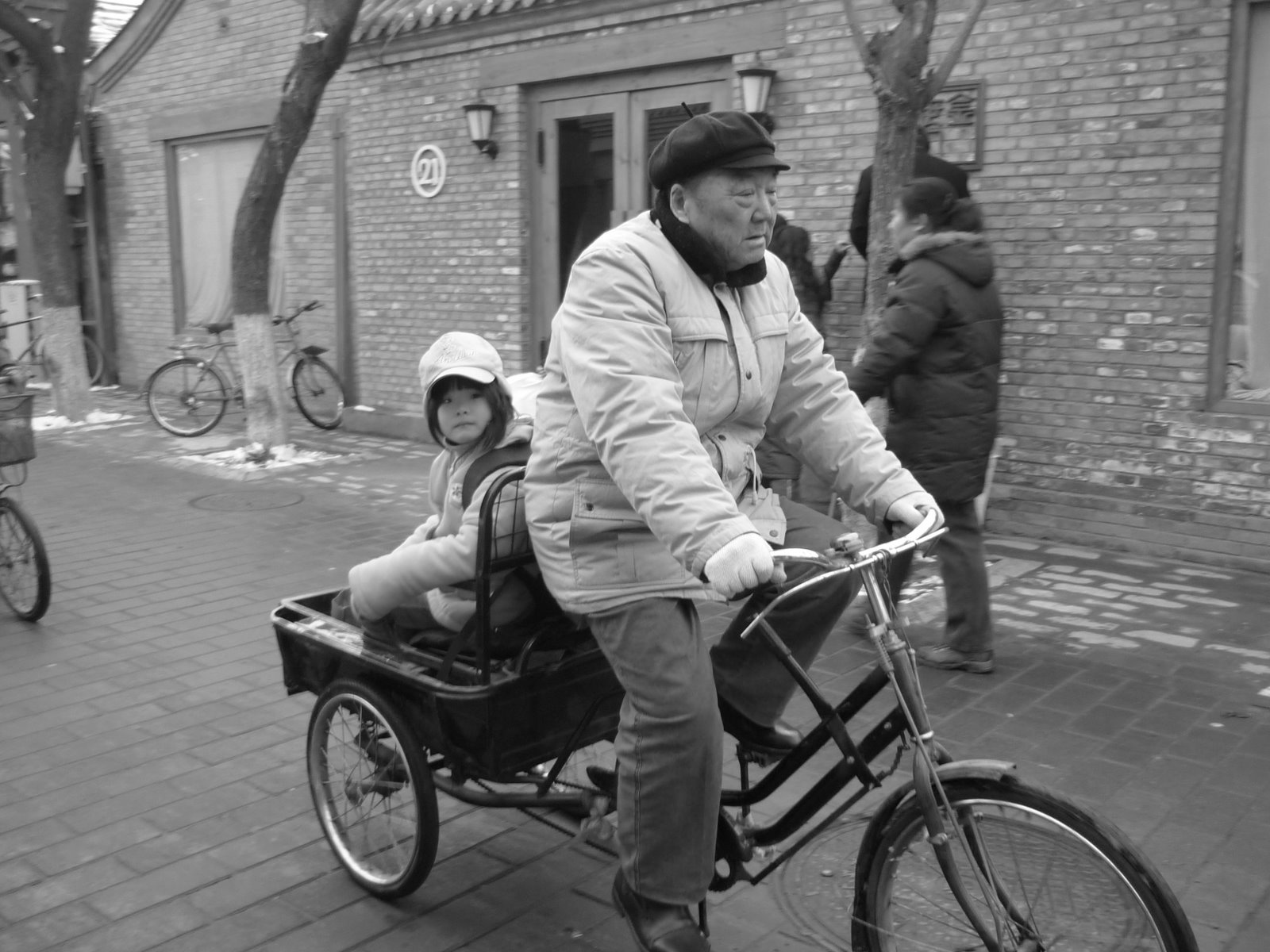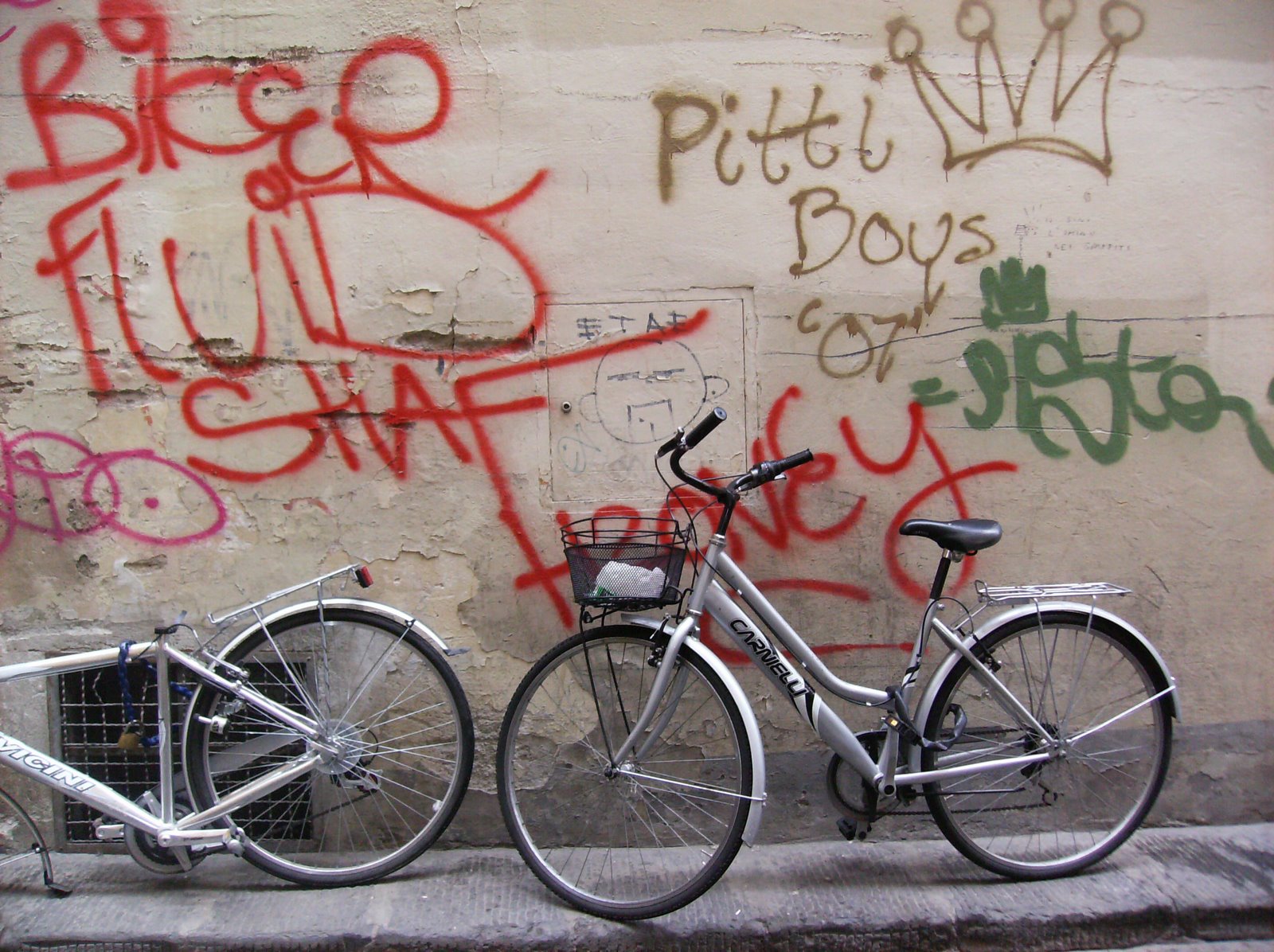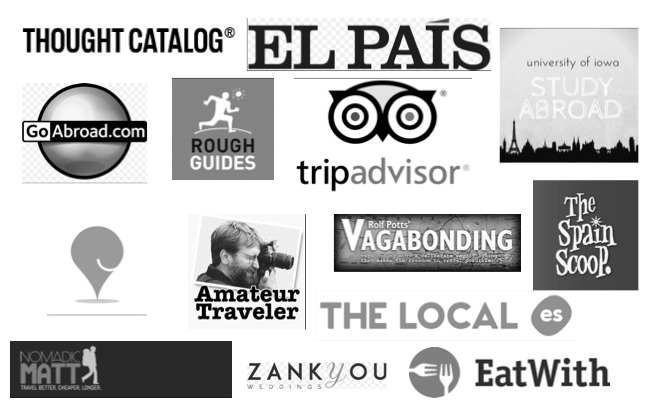The latest book to embed itself into memory is the delectable Every Day in Tuscany: Seasons of Italian Life by Frances Mayes. I adored it, as I love Mayes’s affection towards food, off-kilter flow and reflections on the joys of living abroad. I can relate, too.
Towards the end of her book and the end of her 20 years visiting the whimsical, dilapidated Bramasole, Mayes conjures the wisdom of Ezra Pound as she packs up to return to America for a few months: Make it new.
This afternoon, I’m returning to Spain for the fifth year. My life last year, I hate to admit, became a bit mundane. Waking up at the same time, ordering coffee from the same bar and even the same class structure became an imaginary prison, punctuated by a few trips to new places. Not proud of the lack of progress last year (except in the Spanish resident department), so I’m vowing to heed Mayes’ and Ezra’s advice and Make it New this year.
I had a great trip in America, visiting with friends new and old, eating my comfort foods and not caring for once where it sits on my waistline, roadtripping to Kentucky to prove that my sister really is more grown-up than me. I’m actually not ready to go back to Seville, just yet.
I mean, really, who could with a face like this begging you not to?







